At it’s best, trolling is a form of satire. But those who reduce it to nasty and humourless online threats don’t deserve the title.


At it’s best, trolling is a form of satire. But those who reduce it to nasty and humourless online threats don’t deserve the title.
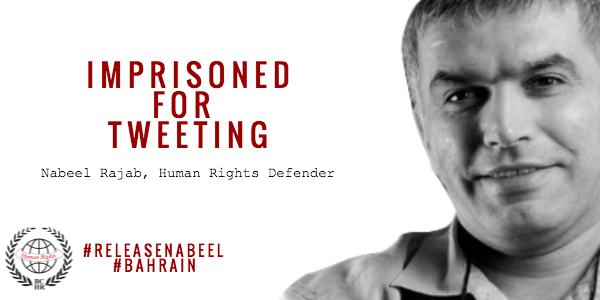
Index on Censorship joins international call for release of Nabeel Rajab

Index on Censorship has joined the IFEX coalition to express deep concern by the cybercrime law adopted in Saint Vincent and the Grenadines.

Although the US is considered to have relatively generous freedoms of speech and the press protected under the First Amendment to the US Constitution, these freedoms have their limits
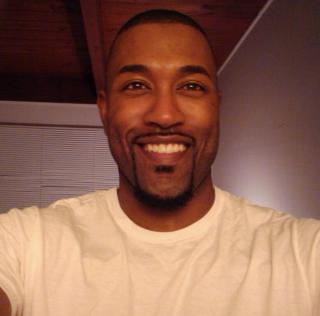
Some say you can trace the origins of hip hop to a single room in New York City on 11 August 1973. At 1520 Sedgwick Avenue in the Bronx, the Jamaican-American DJ Kool Herc threw a party
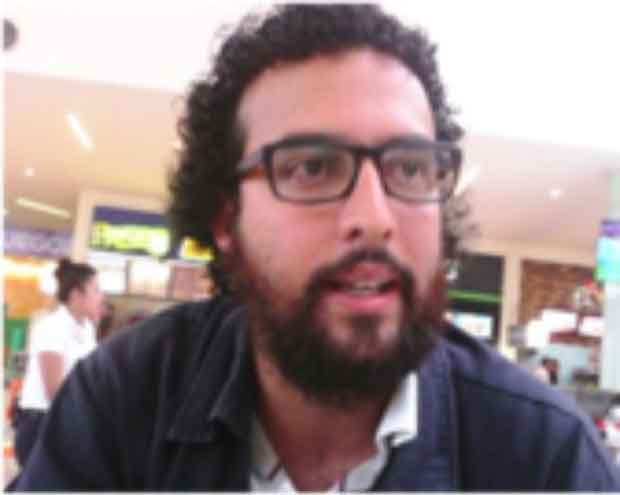
Honduran journalist Cesario Padilla is facing immediate detention and a possible five-year jail term after being present at student protests.

Art has traditionally accompanied political and social movements in Latin America and the turn of the 21st century has seen a resurgence of diverse forms of expression
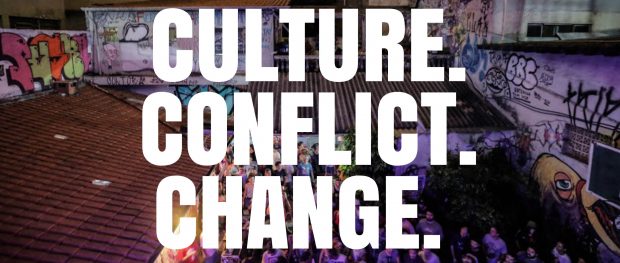
A conference followed by a day of performance to consider hip hop’s role in revolutionary social, political and economic movements across the world.
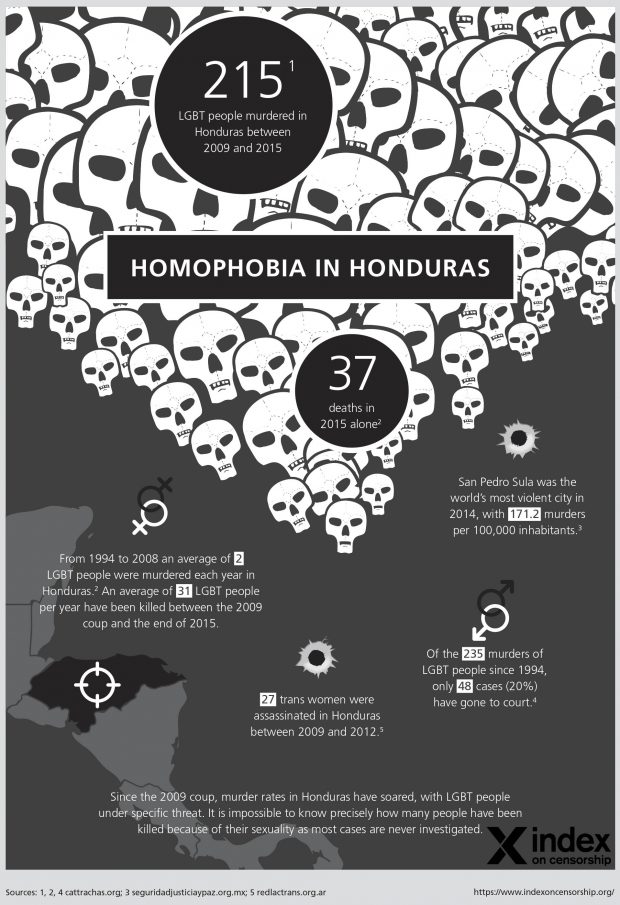
A year after returning from exile, Honduran gay rights activist Donny Reyes still fears a murderous attack at any minute
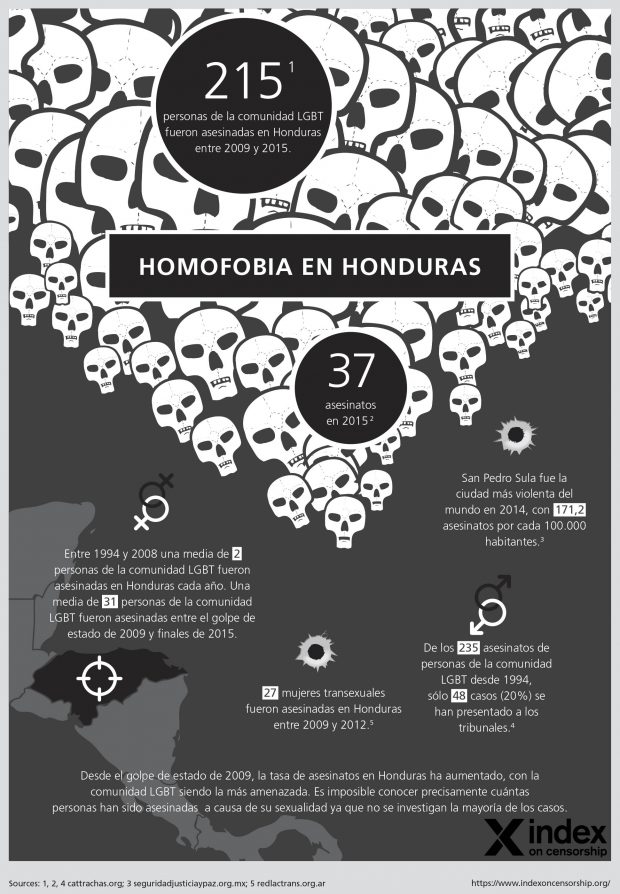
Un año tras volver del exilio, Danny Reyes, un activista homosexual hondureño aún teme ser asesinado en cualquier momento